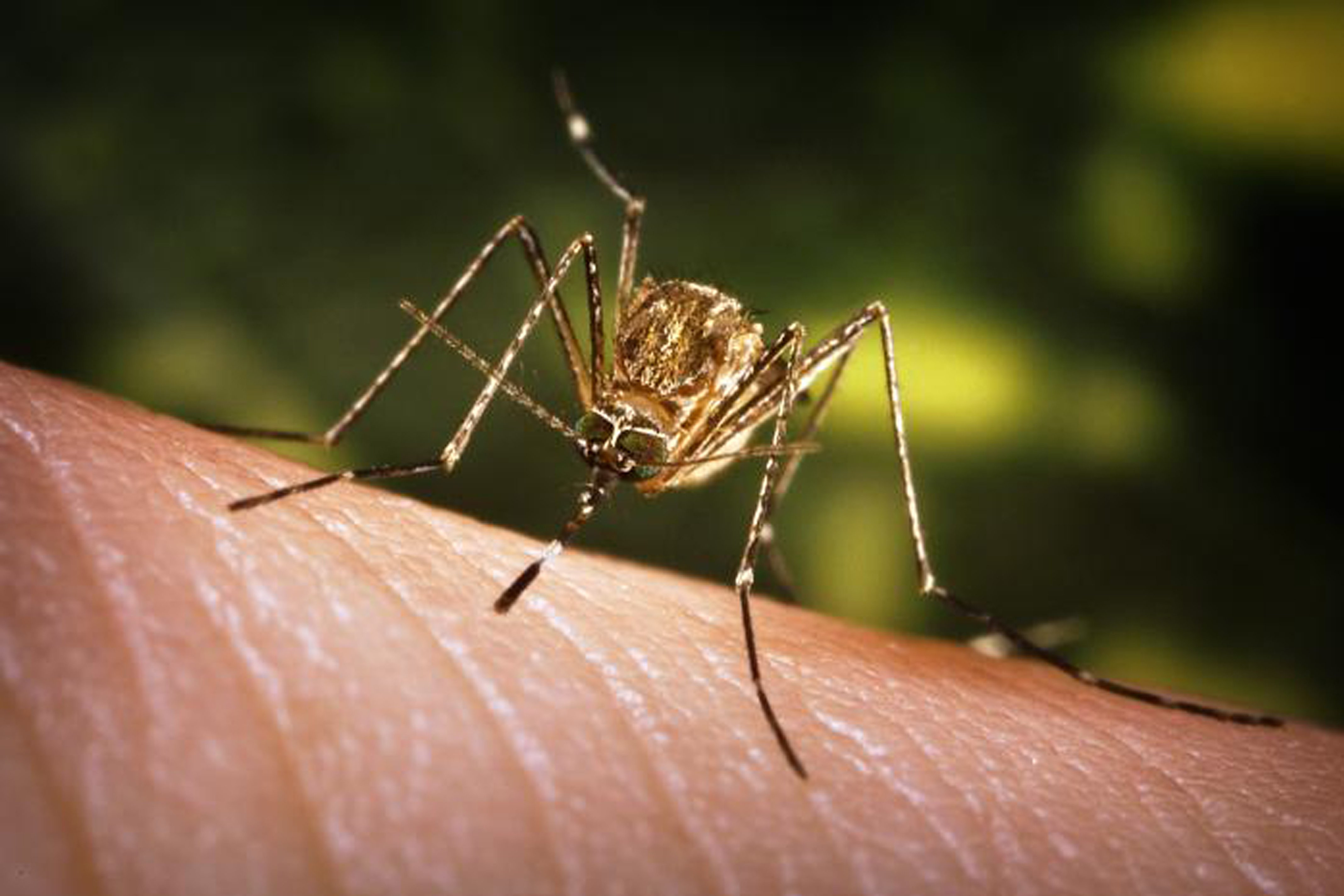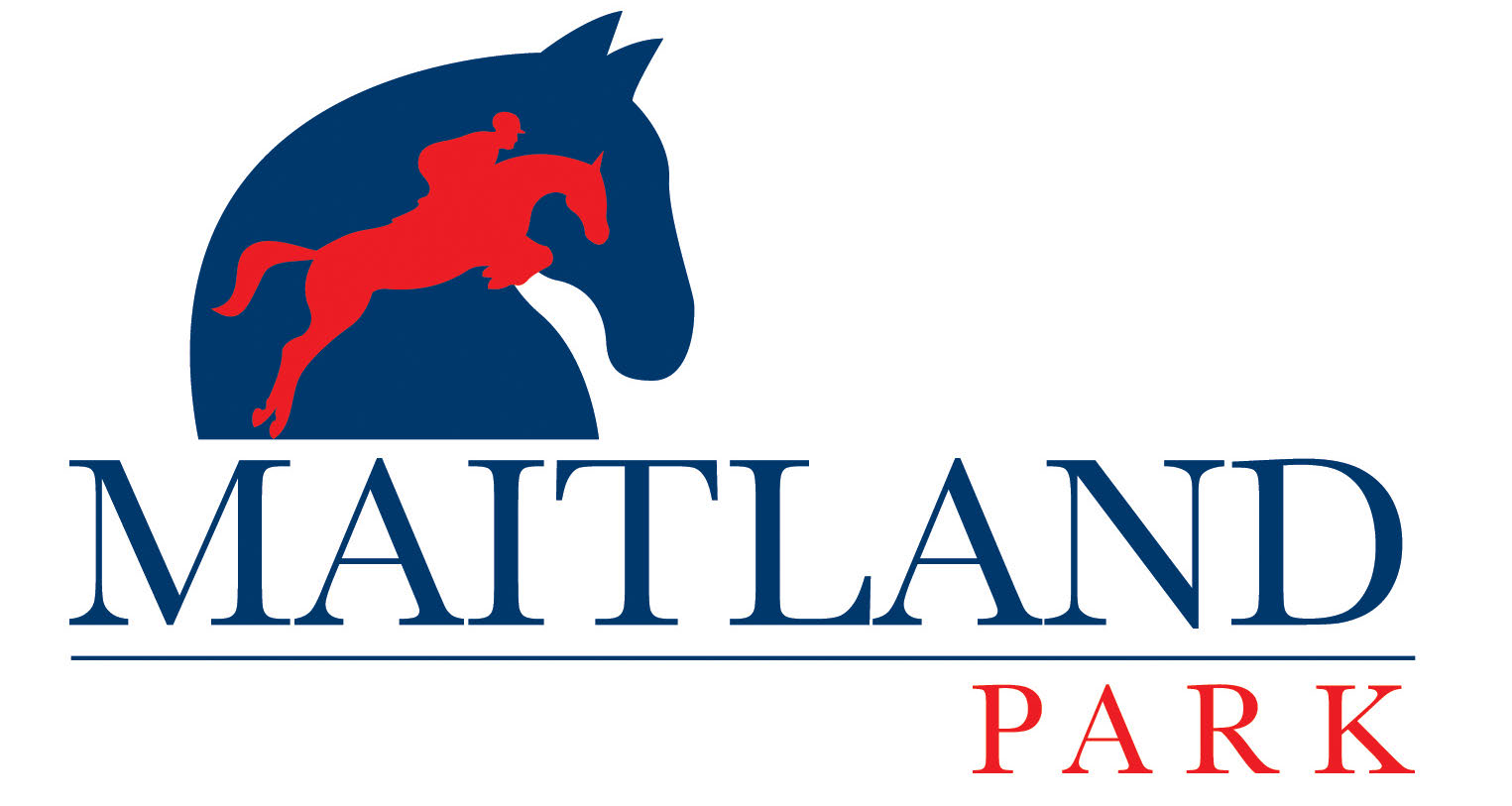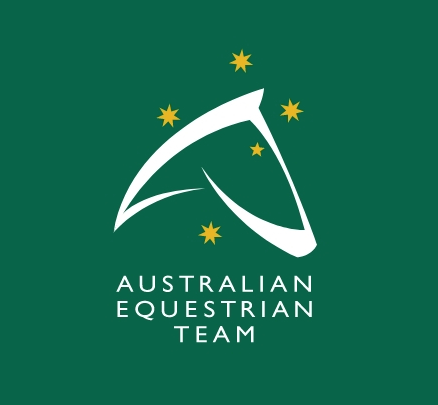
Biosecurity Alert: Japanese encephalitis
Japanese encephalitis (JE) has recently been detected in Victoria, Queensland, New South Wales and South Australia. There are no current detections in Western Australia.
JE is an acute mosquito-borne viral disease that can cause reproductive losses and encephalitis in susceptible species. The disease occurs mostly in pigs and horses but can also rarely cause disease in people. The virus does not present any food safety issues from eating pork meat or products.
In horses, the disease is usually unobserved or mild, but severe encephalitis can occur which may be fatal. Signs include fever, jaundice, lethargy and anorexia. Neurological signs include incoordination, difficulty swallowing, impaired vision, and rarely a horse can become over excited. Horses are known to be ‘dead end hosts’, which means they can be infected but do not play a role in transmitting the virus.
The Department of Primary Industries and Regional Development (DPIRD) is working with the Western Australian Department of Health to undertake a coordinated surveillance and control approach to protect public and animal health.
There are no movement restrictions on the movement of horses at this time, but horse exporters need to ensure their horses meet importing country requirements for JE.
Horse owners should protect their animals from mosquito bites. Preventative measures include putting a light rug and fly mask on your horse and applying a safe insect repellent. Additional measures to protect stabled horses are listed in the AUSVETPLAN Response Strategy – Japanese encephalitis.
JE is a nationally notifiable disease so it must be reported to biosecurity authorities. If you see signs of JE in pigs, horses or donkeys, contact your local veterinarian, a DPIRD Veterinary Officer or call the Emergency Animal Disease Watch hotline on 1800 675 888.
For more information about this disease, please visit the DPIRD website, Australian Veterinarian Association website or the national Outbreak website. Click here for the recent national alert for horse owners.
The DPIRD website will be updated regularly and further information will be issued as appropriate.











